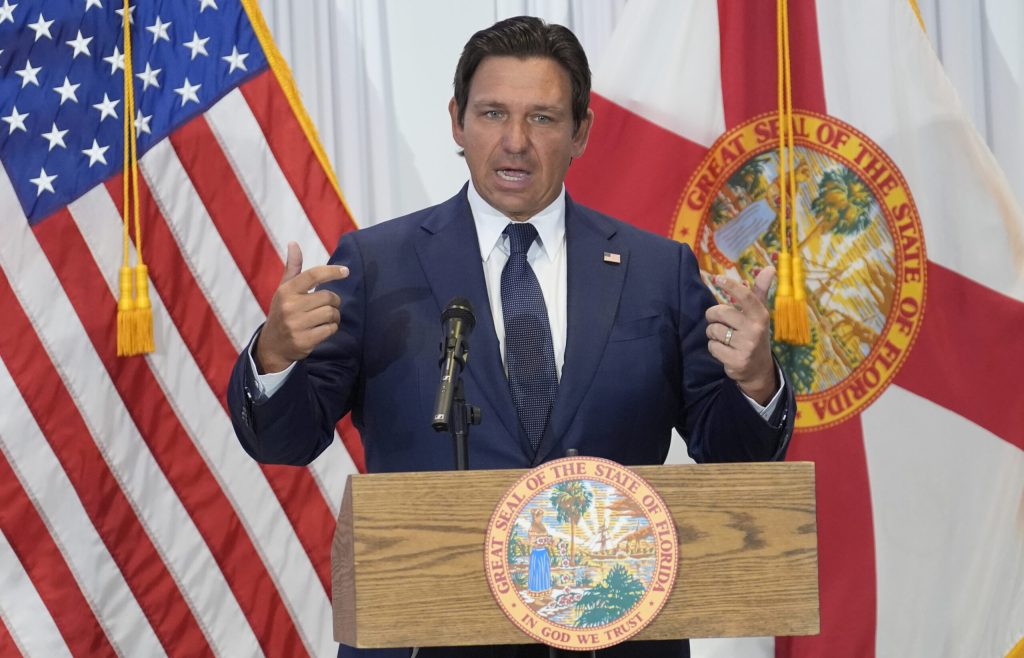Two recent court decisions in Florida have declared parts of the state’s gun laws unconstitutional, shaking up the legal landscape in one of the nation’s most firearm-friendly states and prompting calls for lawmakers to act.
Despite Florida’s reputation as a pro-gun state, its Republican-controlled Legislature passed several restrictive measures after the 2018 shooting at Marjory Stoneman Douglas High School in Parkland. Those included raising the minimum age to buy a firearm to 21 and maintaining a ban on open carry.
Now, both of those laws are under fire, and the courts appear to be siding with the Constitution.
Broward County Judge Strikes Down Age Restriction
In Broward County, Circuit Judge Frank Ledee ruled that Florida’s ban on concealed carry for adults under 21 is unconstitutional. The ruling came after he overturned the conviction of 19-year-old Joel Walkes, who had been charged with a third-degree felony for carrying a concealed handgun.
Under current law, 18- to 20-year-olds can legally own a firearm if it’s gifted or inherited, but they cannot purchase one or carry it concealed. Judge Ledee found that the restriction fails the “historical tradition” test established by the U.S. Supreme Court in NYSRPA v. Bruen, which requires gun laws to align with the nation’s historical understanding of the Second Amendment.
Ledee also referenced a recent appellate decision striking down Florida’s open carry ban, noting that the state’s firearm laws have become inconsistent.
“Distilling these inconsistencies into a framework of firearm regulations compatible with the guarantee to bear arms…is best left to the wisdom of legislative debate,” Ledee wrote.
Open Carry Ruling Adds Fuel to the Fire
Florida’s First District Court of Appeal addressed the open carry issue in September in a case involving a man arrested in downtown Pensacola on July 4, 2022, for openly carrying a holstered handgun along with a copy of the U.S. Constitution.
The court ruled that Florida’s blanket prohibition on open carry cannot stand under the Second Amendment, effectively restoring the right to carry a firearm openly. Existing limitations still apply, including bans on carrying in a threatening manner or in prohibited areas such as schools, bars, or government meetings.
The decision has caused confusion among law enforcement, with some sheriffs urging caution and requesting legislative clarification. For gun rights advocates, the ruling represents a long-overdue correction to what they see as an infringement on constitutional rights.
“Unconstitutional Laws Create Confusion”
Florida Carry Executive Director Sean Caranna, whose organization has long pushed for full recognition of Floridians’ Second Amendment rights, said leaving unconstitutional statutes on the books only adds to public uncertainty.
“Leaving unconstitutional laws on the books creates nothing but confusion,” Caranna said. “We’ve been warning lawmakers for years this would happen if they didn’t act.”
Lawmakers Face Pressure to Repeal or Revise
Florida lawmakers have previously attempted and failed to repeal the Parkland-era restrictions. In recent sessions, bills to lower the gun-buying age to 18 passed the Florida House but stalled in the Senate.
Legal experts say these rulings may finally force legislators to act. Nova Southeastern University law professor Bob Jarvis said the state will likely have to amend its statutes to align with the new judicial landscape.
“I would not be surprised if, in the next session, the Florida Legislature doesn’t just take care of this by amending the statute to clean it up,” Jarvis said. “That’s really now what should happen.”
With Bruen continuing to reshape how courts evaluate gun laws, Florida’s latest rulings mark another step toward restoring rights that were restricted after Parkland.
As Caranna put it:
“The Second Amendment is not a second-class right.”
Find out more about Florida Gun Laws:
Read the full article here





